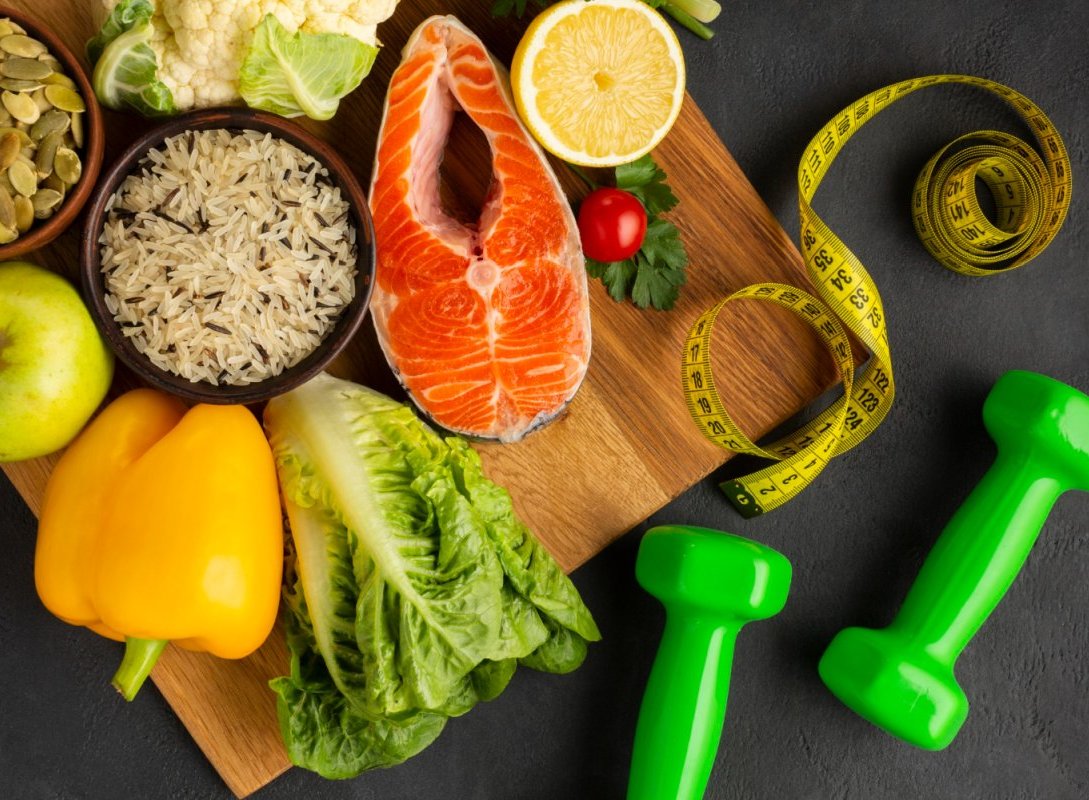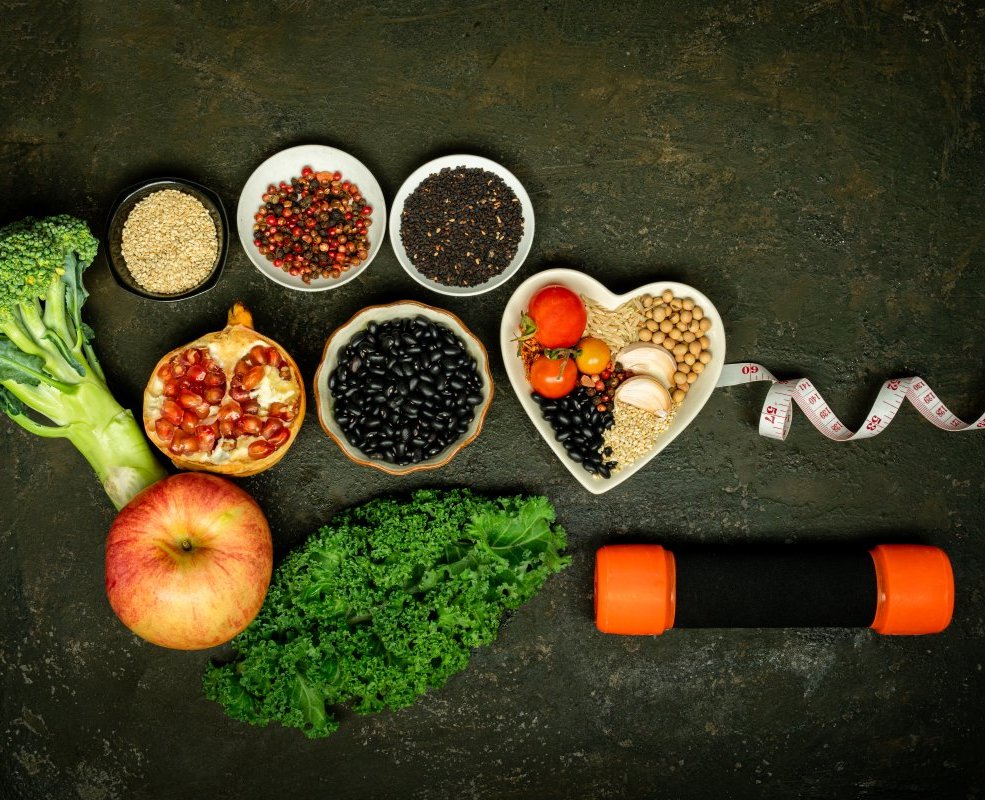
Fundamentals of Nutritional Support in Sports
To support physical exertion, athletes must consume appropriate amounts of calories, proteins, carbohydrates, fats, vitamins, and minerals that are essential for optimal body function before, during, and after training or competition. Balanced nutrition represents the foundation of athletic success and enables the body to function at the highest level.
Differences in Nutritional Needs
Depending on the type of sport, athletes’ energy needs can vary significantly. Endurance athletes like runners or cyclists have greater needs for carbohydrates, while athletes engaged in strength sports, such as weightlifters, must consume more protein for muscle building. Each sport discipline places specific demands on the organism, making nutrition personalization crucial for achieving the best results.
Hydration - The Key to Success
Fluid intake is of essential importance for preventing dehydration, which can negatively affect performance and health. Athletes should monitor water intake before, during, and after training, adjusting quantities according to activity intensity and external conditions. Inadequate hydration can lead to decreased concentration, reduced physical abilities, and prolonged recovery time.

Meal Timing and Supplementation
Proper meal timing plays an important role in maximizing athletic performance. Pre-workout meals should provide sufficient energy, while post-workout meals help with muscle recovery and glycogen store replenishment. Although it’s recommended to meet all nutritional needs through varied nutrition, in certain situations supplements can be a useful addition to basic nutrition.
Benefits of Proper Nutrition
Proper nutrition enables athletes to achieve the best results, increase endurance, improve strength, accelerate recovery, and reduce injury risk. From a long-term perspective, optimal nutrition affects not only athletic performance but also overall health, immunity, and the athlete’s quality of life.

Individual Approach
Every athlete is unique with special metabolic characteristics, goals, and needs. Therefore, it’s important that nutritional plans are created according to individual needs, with consultation from a nutritionist experienced in working with athletes. Monitoring results and adjusting nutrition represents a continuous process that follows the athlete’s development.
How much protein should I consume daily?
The recommended intake is 1.2 to 2.0 grams of protein per kilogram of body weight daily, depending on the type of sport and training intensity. Athletes engaged in strength sports need more protein (1.6-2.0g/kg), while endurance athletes usually need somewhat less (1.2-1.6g/kg). It’s best to consume proteins evenly throughout the day from various sources.
Are supplements necessary for athletes?
Supplements are not necessary if you practice varied and balanced nutrition that covers all nutritional needs. However, in certain situations – such as increased needs, restricted diet, or specific goals – some supplements can be useful. Consultation with a nutritionist is always recommended before taking any supplements.
When is the best time for a pre-workout meal?
The main meal should be consumed 2-3 hours before training, while lighter meals or snacks can be taken 30-60 minutes before activity. Pre-workout meals should be rich in carbohydrates for energy, moderately rich in proteins, and low in fats which digest more slowly. It’s important to avoid foods that may cause stomach problems.
How much water should I drink during the day?
Athletes should drink at least 2.5-3 liters of water daily, but the amount depends on training intensity, external temperature, and individual needs. During training, 150-250ml of water every 15-20 minutes is recommended. The best indicator of adequate hydration is light yellow urine color.

